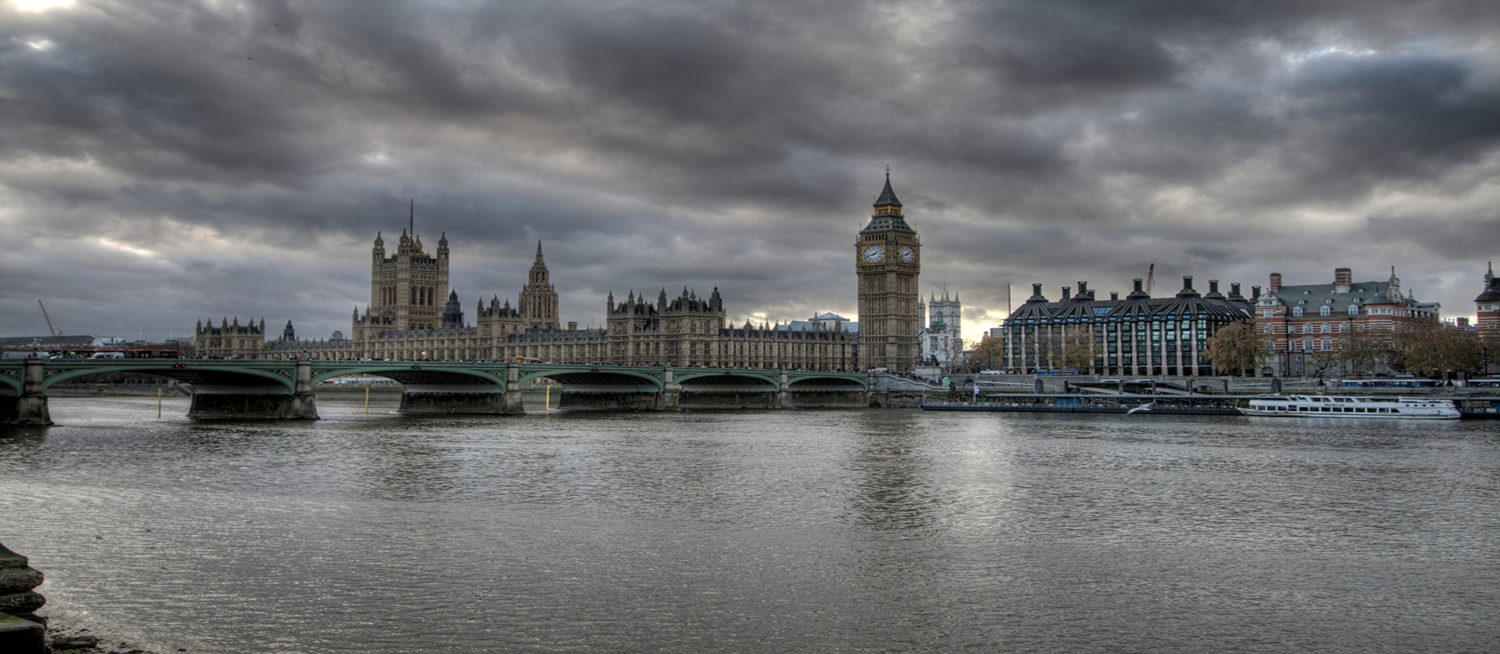A question of style
The customs and traditions of parliament may seem charming, but they serve to alienate many of those whom MPs aim to represent. Updating some of the practices of the place would bring the institution into the 21st century and better reflect the communities it serves, argues Alex Norris.
Speaking in parliament is like nothing else. It generates a type of nervousness matched only by the way you feel… well, just before you speak in parliament. The audience is a terrifying triumvirate of your peers, an opposition there to unsettle and undermine, and heaven knows how many people watching on television or online. While it is exhilarating, it’s also the stuff that fever dreams are made of, and even the steadiest of hands could be forgiven a little wobble.
There are, of course, steps that can be taken by both novice and expert alike to make the experience simpler. Prepare properly, know your subject (or at least appear as if you do), take advantage of the superb research support available, and get to the chamber in plenty of time to avoid the ’dash from the office sweats’ – every little trick helps.
The best laid plans can still go awry. And parliament can be like an irascible uncle from childhood – charming and funny, but with an odd sense of humour that can challenge and throw you off beam. Parliament makes you speak in a slightly different language from how you, your friends or anyone else in the world does. It’s English – only it isn’t. In the House of Commons, people no longer have names, but are named after places, with a title that changes depending on military service, legal training or any other number of quirks. Meanwhile, the House of Lords must not be referred to as the House of Lords under any circumstances. Despite being the House of Lords.
For parliament and parliamentarians to connect with people, we need people to see themselves in their democracy – because we want them to feel part of it and believe that it works for them. We also want people from all walks of life to feel empowered to stand for parliament, otherwise it is as obsolete as the elite members’ clubs of yesteryear.
The irony behind this theatre is that daily people fumble and stumble over the correct form of address, only for Hansard – the official report – to tidy all this up like it never happened. Overnight you become much more articulate than you were the day before, pithiness is bestowed on all and sundry, and erudition exists where none did previously. Would it not simply be easier for people in the chamber to speak normally to begin with?
Similarly, the Speaker, Blackrod and the Gatekeepers wear the types of formal attire that are utterly alien to virtually every workplace in the country. These are the quiet visual cues, amplified by the spoken word, that send a message that perhaps parliament is not for everyone. And while the history of the place is a wonderful thing in many ways, it is for far too many people an extremely ornate ‘no entry’ sign.
Each day’s proceedings begin with prayers, a not uncontroversial custom. But if we agree that starting the day with some reflection is a good thing – and I for one do – we should seek a way to help this reflect modern Britain. A rotation of reflection across a variety of faiths could work, maintaining a presence for faith while also encouraging the listener to reflect on values of leadership and the ideals of good governance.
These changes may seem relatively minor, but would help make our parliament better reflect the community we serve. For right now, the pace of change in parliament is glacial. Recently we discussed the repair and renewal of the palace of Westminster. Below ground the building is in bad shape, and needs significant and expensive repair. Modernisers finally won a vote choosing the quickest and cheapest way to do this – by leaving the building. The refurbishment will last an estimated six years though it is not expected to commence until 2025.
Currently, in what must be described as the most absurdly British act in history, the plan is to recreate our old, small, creaky chamber next door in Richmond House – complete with the lack of space and accessibility that blights the real thing. This is the wrong approach. The period of absence from the Palace of Westminster gives us a blank canvass to try new ideas. Stylistic ones like the ones above, and more ambitious ones, too, such as a horseshoe chamber that feels more like a place to debate than the away end at the City Ground. Some might even prefer moving away from London for a fresh start elsewhere. Somewhere with good transport links, a thriving cultural scene, a sense of history and with the ability to support such a major institution. Somewhere very much like Nottingham.
This essay is taken from New Brooms, a Fabian Society pamphlet edited by James Frith MP and supported by The Joseph Rowntree Reform Trust.

